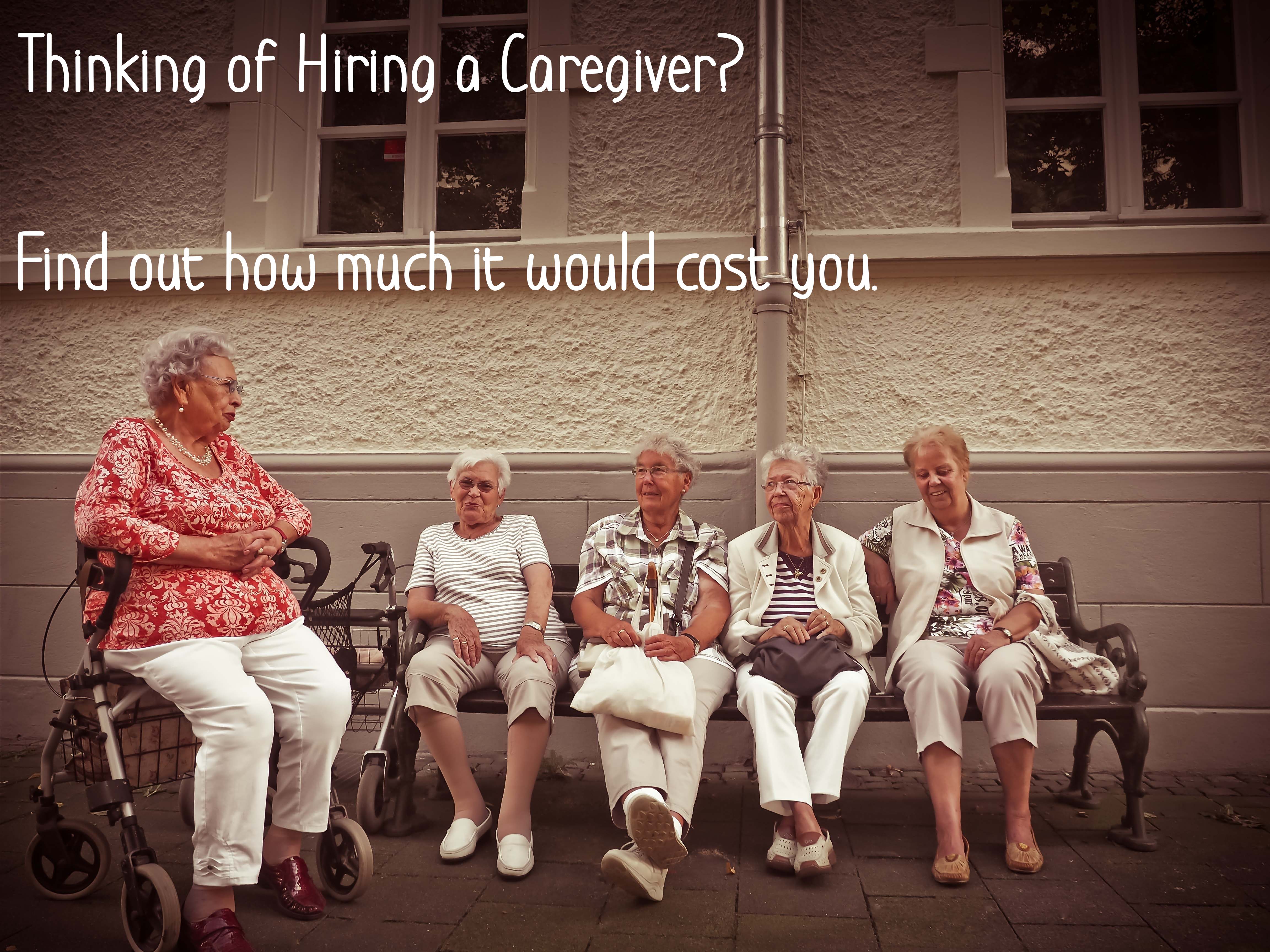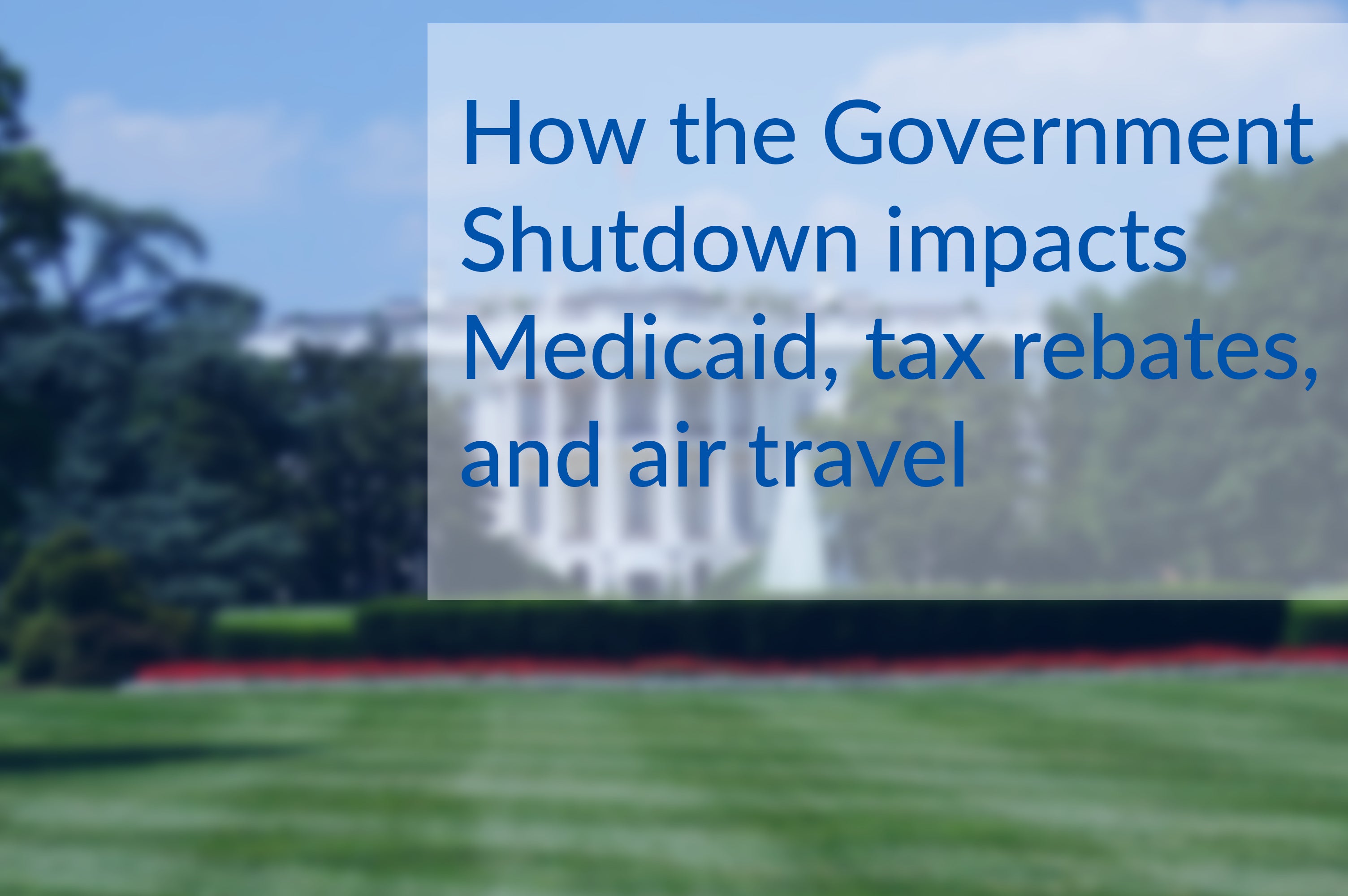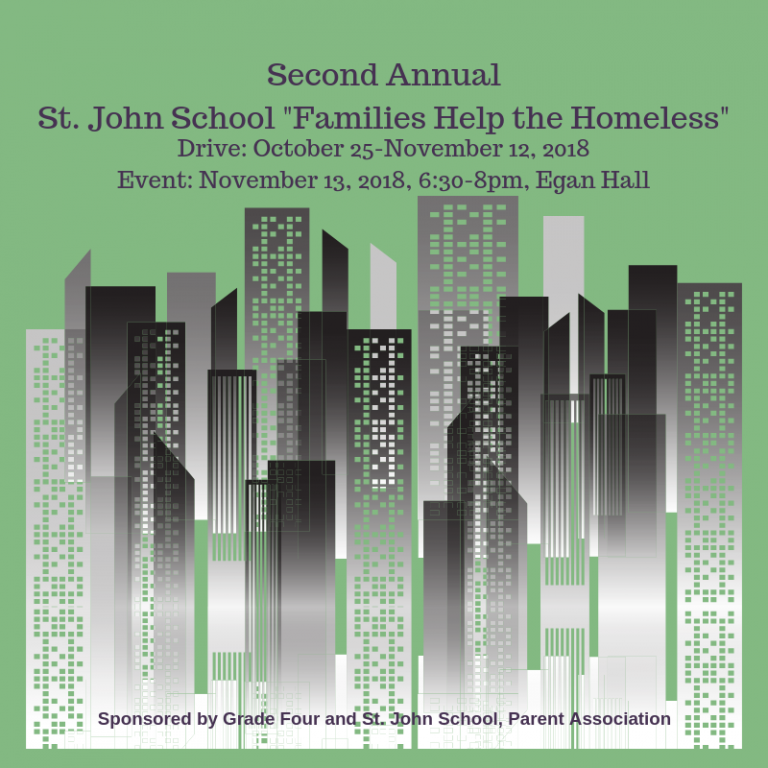The Link Between PTSD and Dementia
 Older veterans with post-traumatic stress disorder may face a greater risk of developing dementia than veterans without PTSD, says a new study released today by doctors at Houston’s Veterans Affairs Medical Center.
Older veterans with post-traumatic stress disorder may face a greater risk of developing dementia than veterans without PTSD, says a new study released today by doctors at Houston’s Veterans Affairs Medical Center.
The study, which looked at nearly 10,500 veterans age 65 and older, found that those with PTSD had twice the rate of dementia compared with non-PTSD veterans of the same age. The results are similar to a study published in June by doctors with the San Francisco Veterans Affairs Medical Center. That study found that vets 55 and older with PTSD were nearly twice as likely to develop dementia.
The anxiety disorder is caused by exposure to a terrifying or life-threatening event. Symptoms include flashbacks to troubling memories and emotional problems. It occurs in about 7 percent of adult Americans, but the rates are much higher among veterans. About 30 percent of Vietnam War veterans and 12 to 20 percent of Iraq War veterans have been diagnosed with the disorder, according to the VA’s National Center for PTSD.
The question of whether PTSD may be a risk factor for dementia is still unclear, says Salah Qureshi, M.D., a psychiatrist at the Michael E. DeBakey VA Medical Center in Houston and one of the study’s authors.
“We cannot say that PTSD was a cause of dementia. What we are trying to say is that [these] vets are twice as likely to be diagnosed with dementia,” Qureshi says. He would like to see more research done on whether “identifying PTSD earlier and treating it will reduce these rates.”
The study also found a greater rate of dementia among veterans with PTSD who had returned uninjured versus those who had been injured. Of the 36 percent of veterans in the study with PTSD, 11 percent of those uninjured had dementia, compared with 7 percent of those with injuries. Veterans without PTSD had much lower dementia rates—4.5 percent of those uninjured and 5.9 percent injured.
Although there’s still no clear link between the anxiety disorder and dementia, the authors of the Houston study suggest that veterans with PTSD “should be screened more closely for dementia. Because PTSD is so common in veterans, this association has important implications for veteran care.”
The study was published in the September issue of the Journal of the American Geriatrics Society.
Article courtesy of Candy Sagon for AARP Bulletin.
Mental health care is important, especially as we age–would you seek treatment, or encourage a loved one to seek treatment, if you or a loved one experienced symptoms of a mental health disorder?
- Tags: Aging & Wellness News
- Professional Medical














Comments 0